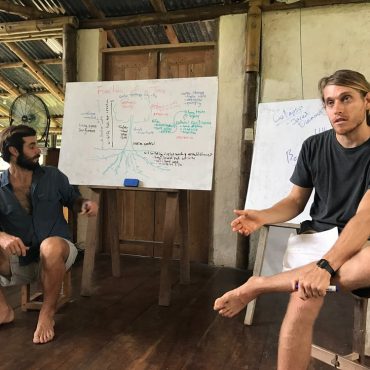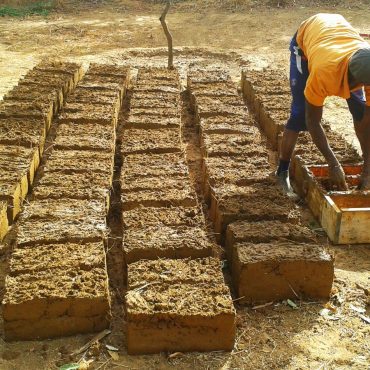
Pioneering ecological design in the tropics with Scott Gallant of Porvenir Design: 121
In the last few episodes I’ve spoken to a number of designers and business advisors who’ve specialized in regenerative business planning and ecological work, and today’s guest many of you […]






Post comments
This post currently has no comments.